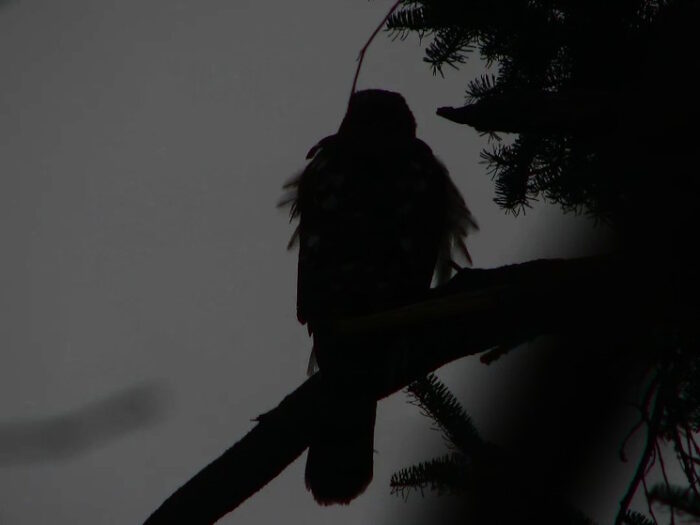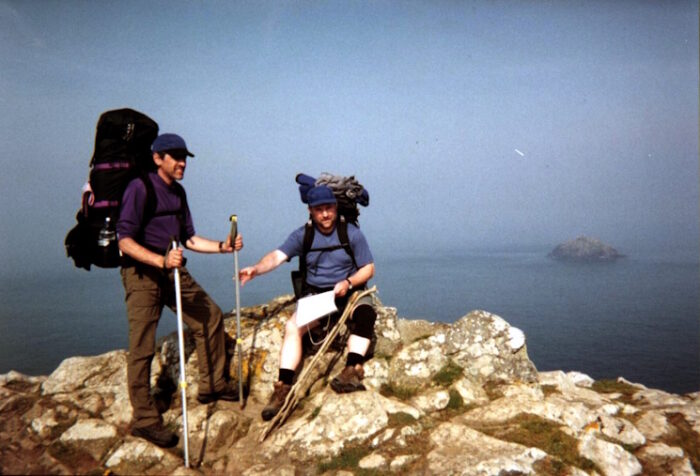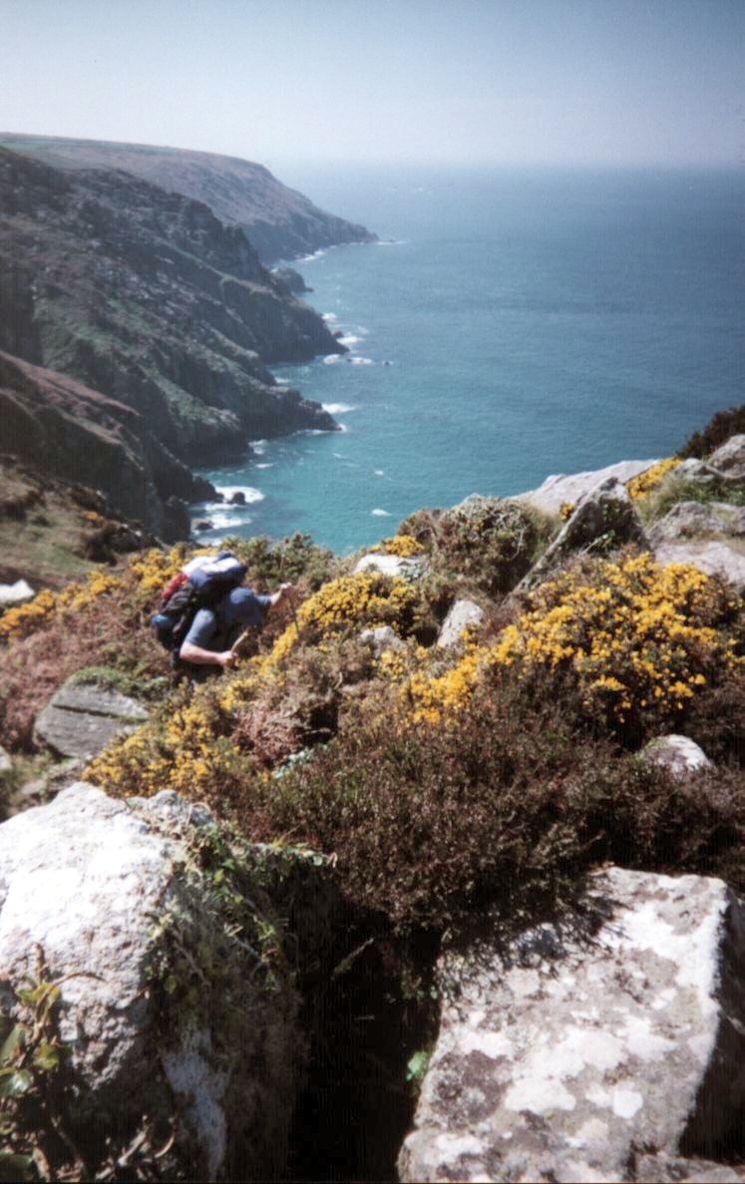It’s early. It’s dark. In the south-east, there is a place where the sun will come up, should it choose. Indications are good. So I wait for the first signs of brightening behind the cityscape.
I wait. Winter waits. The soil of summer-fallow waits. Bulbs wait; bamboo is excellent at waiting; geese wait until the time is right. Beavers don’t abide waiting, but orb weavers don’t seem to mind. They spin and wait as long as it takes. The earth spins too, awaiting its equinox.
But light bulbs, street lights, clocks, little chips in computers, never wait, will never care to wait; AI is the antithesis of waiting, while selling our ever-reductive, repackaged creativity back to ourselves, and training the waiting out of our lives.
The world of commerce is bent on bringing patience to an end. Industry keeps company with the future. Corporations race each other to see how far they can project themselves into next month, or how much of it they can drag into the present, which debases both.
We’ve surrendered the sanctity of now, and so betrayed this life, our second womb, which is about waiting. Waiting, not like Estragon and Vladimir; instead, like the chefs in Love Sarah, carefully harmonizing ingredients, preparing the pastries and letting them rest.
Advent is the season of expectation. It’s a storied rendezvous with a knowing midwife. A time for rekindled waiting — the flowering of patience. For in Advent, we wait in a commemorative way, for the birth of one already here, and always present.
We are people of the paschal mystery, actively tending the earth, caring and delighting in others, while always anticipating some kind of birth, some kind of resurrection. So we watch, as one waits for morning.
I can’t see it yet, but soon enough, the east will grow orange. Beyond the berm of buildings, high on the banks of the Bow River, the trees will turn skeletal as the light of dawn strengthens behind them.







